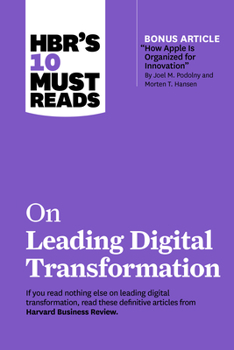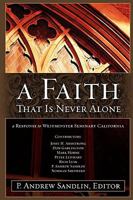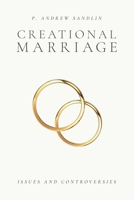HBR's 10 Must Reads on Leading Digital Transformation
Select Format
Select Condition 
Book Overview
Become a digital-first organization.
If you read nothing else on leading digital transformation, read these 10 articles. We've combed through hundreds of Harvard Business Review articles and selected the most important ones to help you revitalize your offerings and processes, stay ahead of disrupters and technology shifts, and manage the necessary cultural change.
This book will inspire you to: Minimize disruption while transforming your companyPractice discovery-driven transformationDevelop digital intelligence in your workforceCompete in the age of AIMake big changes with an incremental approachUnderstand when radical change is needed—and when it isn't
HBR's 10 Must Reads paperback series is the definitive collection of books for new and experienced leaders alike. Leaders looking for the inspiration that big ideas provide, both to accelerate their own growth and that of their companies, should look no further. HBR's 10 Must Reads series focuses on the core topics that every ambitious manager needs to know: leadership, strategy, change, managing people, and managing yourself. Harvard Business Review has sorted through hundreds of articles and selected only the most essential reading on each topic. Each title includes timeless advice that will be relevant regardless of an ever‐changing business environment.



































